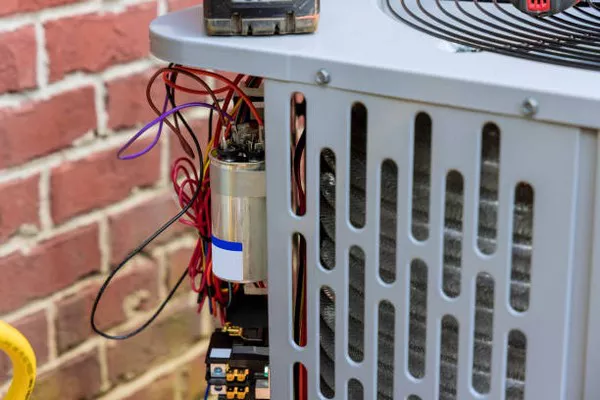Portable generators have become indispensable tools in various situations, providing a reliable source of power during emergencies, outdoor events, or in remote locations. One common question that arises among users is how long a portable generator can run continuously without risking damage or compromising its performance. In this article, we will delve into the factors that influence the continuous operation limits of portable generators and explore tips to maximize their efficiency.
Understanding Generator Types and Fuel Sources
Portable generators come in various types, each with its own set of capabilities and limitations. The two main types are inverter generators and conventional generators. Inverter generators are known for their quiet operation, fuel efficiency, and stable power output, making them ideal for sensitive electronic devices. Conventional generators, on the other hand, are more affordable but may produce less stable power and generate more noise.
Additionally, portable generators can run on different fuel sources, such as gasoline, propane, or diesel. The choice of fuel can impact the generator’s runtime, maintenance requirements, and overall efficiency. Gasoline-powered generators are common and widely available, but propane and diesel generators may offer longer runtimes and increased fuel efficiency in certain situations.
Factors Influencing Continuous Operation
Several factors influence how long a portable generator can run continuously. Understanding these factors is crucial for users to make informed decisions and prevent potential issues:
1. Fuel Capacity:
The fuel tank’s capacity determines how long a generator can run before needing a refill. Larger fuel tanks generally result in longer runtimes. Users should consider the generator’s fuel efficiency and the specific fuel consumption rate to estimate how long it can operate on a full tank.
2. Fuel Efficiency:
Different generators have varying fuel efficiency levels, even when using the same type of fuel. Inverter generators are known for their superior fuel efficiency, providing longer runtimes on less fuel compared to conventional models. Checking the generator’s fuel consumption rate in the product specifications can help users estimate its runtime.
3. Load Capacity:
The load placed on the generator significantly affects its runtime. Generators are designed to handle a specific wattage, and exceeding this limit can lead to increased fuel consumption and potential damage. Users should calculate their power needs and select a generator with a sufficient load capacity to avoid overloading.
4. Maintenance Practices:
Regular maintenance is essential for optimal generator performance. Neglecting maintenance tasks, such as oil changes and air filter replacements, can lead to decreased efficiency and potential breakdowns. Users should adhere to the manufacturer’s maintenance guidelines to ensure the generator operates smoothly for an extended period.
5. Environmental Conditions:
The operating environment plays a role in a generator’s efficiency. Extreme temperatures, high humidity, and elevation can affect combustion and engine performance. Users should consider these factors when determining the generator’s continuous operation limits.
See ALSO A Comprehensive Guide to How Home Generators Work
Maximizing Efficiency and Run Time
To maximize the efficiency and runtime of a portable generator, users can implement the following tips:
Right-Sizing the Generator: Select a generator that matches the anticipated power needs. Choosing a generator with excess capacity can lead to inefficiency, while an undersized generator may struggle to handle the load.
Load Management: Distribute the load evenly across the generator’s capacity. Avoid overloading by connecting essential appliances first and gradually adding more devices as needed. This ensures optimal fuel consumption and prevents unnecessary strain on the generator.
Fuel Quality and Stability: Use high-quality and stable fuel to enhance combustion efficiency. Storing fuel properly and using fuel stabilizers can prevent fuel degradation, ensuring the generator operates reliably when needed.
Regular Maintenance: Follow the manufacturer’s maintenance schedule diligently. This includes checking oil levels, replacing air filters, and inspecting spark plugs. Routine maintenance promotes longevity and consistent performance.
Cooling and Ventilation: Ensure proper ventilation to prevent the generator from overheating. Adequate airflow around the unit helps dissipate heat, maintaining optimal operating temperatures.
Conclusion
Portable generators offer a versatile solution for various power needs, but understanding their continuous operation limits is crucial for responsible and effective use. By considering factors such as fuel capacity, efficiency, load management, and maintenance practices, users can maximize the runtime and longevity of their portable generators. Selecting the right generator for specific needs and following recommended guidelines will contribute to a reliable and efficient power source during emergencies or outdoor activities.

